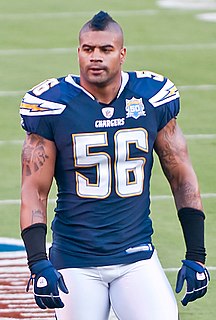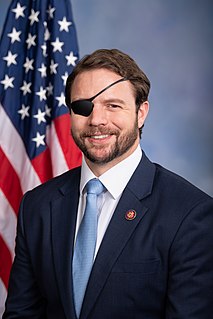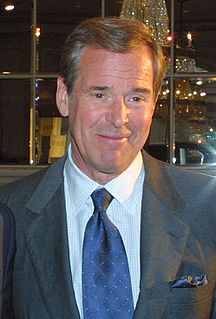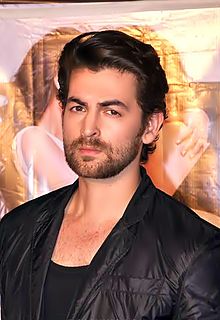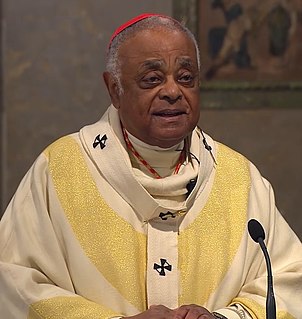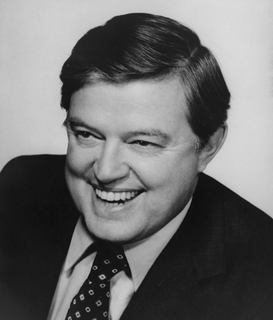A Quote by Daniel Kahneman
People tend to assess the relative importance of issues by the ease with which they are retrieved from memory—and this is largely determined by the extent of coverage in the media. Frequently mentioned topics populate the mind even as others slip away from awareness. In turn, what the media choose to report corresponds to their view of what is currently on the public’s mind. It is no accident that authoritarian regimes exert substantial pressure on independent media. Because public interest is most easily aroused by dramatic events and by celebrities, media feeding frenzies are common
Quote Topics
Accident
Aroused
Assess
Authoritarian
Awareness
Away
Because
Celebrities
Choose
Common
Coverage
Currently
Determined
Dramatic
Ease
Easily
Even
Events
Exert
Extent
Feeding
Frequently
Importance
Independent
Independent Media
Interest
Issues
Largely
Media
Memory
Mentioned
Mind
Most
Others
People
Pressure
Public
Public Interest
Regimes
Relative
Report
Slip
Substantial
Tend
Topics
Turn
View
Which
Related Quotes
My definition of media? 'Anything which owns attention.' This could be a game or, perhaps, a platform. Ironically, the media tends to associate media with publishing - digital or otherwise - which, in turn, is too narrow a way to consider not only the media but also the reality of the competitive landscape and media-focused innovation.
I have learned one thing, because I get treated very unfairly, that's what I call it, the fake media. And the fake media is not all of the media. You know some tried to say that the fake media was all the media, no. Sometimes they're fake, but the fake media is only some of the media. It bears no relationship to the truth.
A lot of the things I've done for charity and the money I've given will never be talked about in the media. I'd rather it be that way, because I don't do it for the media. Of course, having celebrities and media there at events helps bring attention to the need, but seeing the looks on peoples' faces when they receive help is why I really do it.
I think there is a mainstream media. CNN is mainstream media, and the main, ABC, CBS, NBC are mainstream media. And I think it's just essentially to make the point that we are largely in the center without particular axes to grind, without ideologies which are represented in our daily coverage, at least certainly not on purpose.
The Singapore Media Festival brings together the most important Film and TV events in Singapore under one umbrella. With media convergence, I foresee that the SMF will encompass even more content formats in future, and will keep Singapore on the cutting-edge of media development. I am confident the SMF will be a signature media event for Singapore and the world for many years to come.
What's awesome about social media is you curate your own experience. That leads to the rise of niche celebrities, who are actually just as popular as mass celebrities, but because there's no incentive for traditional media to invest in them as celebrities, they find a home where people can follow them on Instagram.
If you're working on better conditions for prisoners, if you make that a popular issue and you invite mainstream media to weigh in on that subject, you're going to end up with a much more regressive public-policy environment than if you approach it in a quieter way. It's not because the public is stupid, it's just that people with only a cursory interest in something are going to have a knee-jerk reaction to it. That's impossible to explain in a cable-news media... it doesn't make sense.
In examining the CIA's past and present use of the U.S. media, the Committee finds two reasons for concern. The first is the potential, inherent in covert media operations, for manipulating or incidentally misleading the American public. The second is the damage to the credibility and independence of a free press which may be caused by covert relationships with the U.S. journalists and media organizations.




